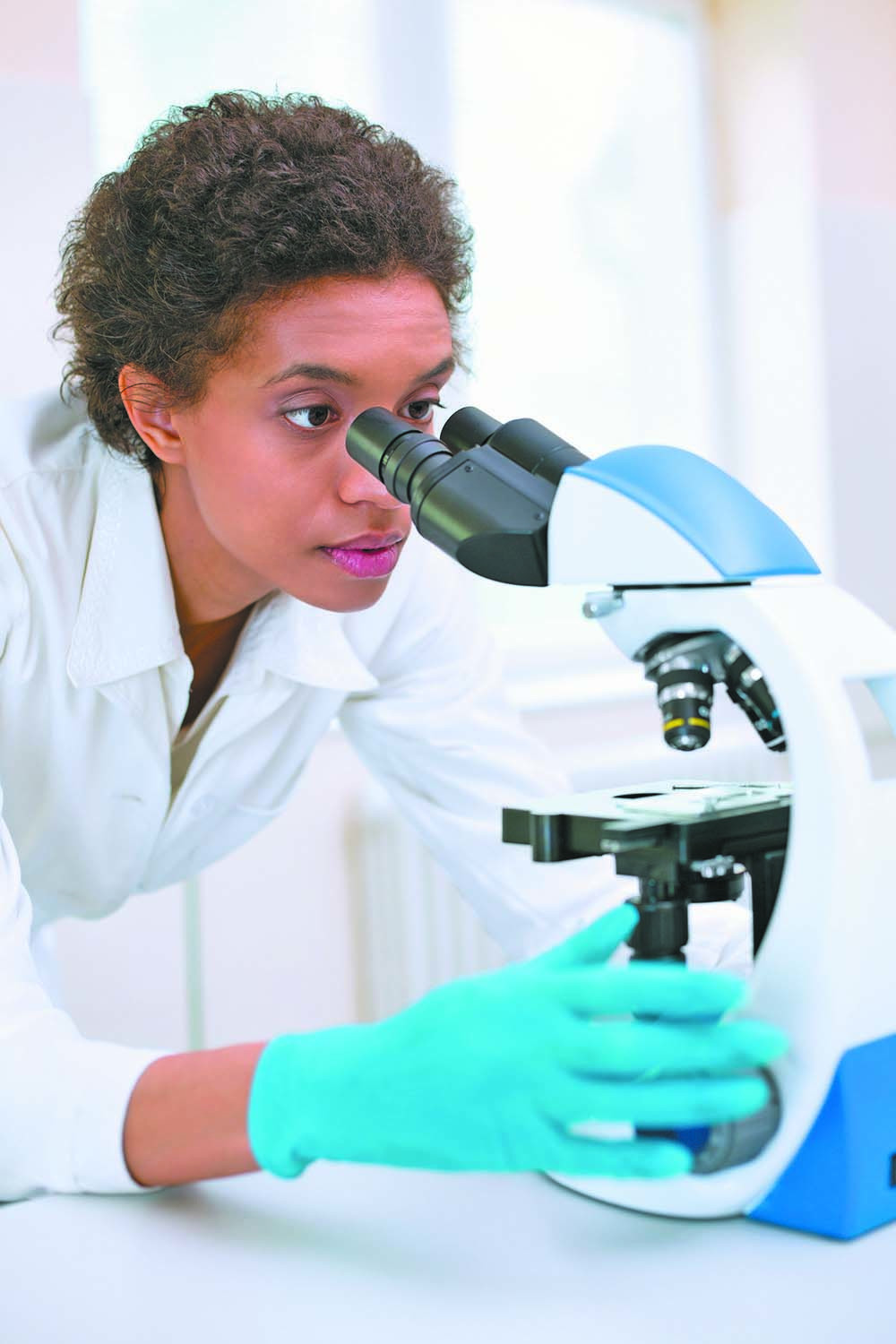Ask the doctor
 Q. I know doctors and scientists are very busy dealing with COVID-19. Is the need to care for, and do research on, COVID-19 affecting the care of and research on other important diseases?
Q. I know doctors and scientists are very busy dealing with COVID-19. Is the need to care for, and do research on, COVID-19 affecting the care of and research on other important diseases?
A. You're right: the COVID-19 pandemic has consumed and disrupted medical care and medical research in the United States and around the world.
As for medical care, hospitals have become like armed forces hospitals during wartime: doctors, nurses, therapists, laboratory technicians (and everyone helping them, from administrative assistants to janitors) are caring for extremely sick patients — while putting their own health at risk. Family members cannot come to visit even their sickest relatives. Doctors and nurses based in offices outside the hospital are conducting many visits using telemedicine, rather than face-to-face. It is an experience most of us never thought we'd have.
How are people with other illnesses besides COVID-19 doing? Because government-ordered stay-at-home and other measures have (so far) generally prevented hospitals from being overwhelmed with COVID-19 patients, patients with other illnesses are receiving the care they need. But they are cared for in a strange environment, by staff whose faces are obscured by protective gear. And their families cannot visit them, either.
In addition, many hospitals also have reported a disturbing observation: fewer patients with other major illnesses — such as heart attacks and strokes — are coming to emergency rooms and getting hospitalized. Polls show that many people with worrisome symptoms are reluctant to be evaluated at a hospital, for fear they might catch the virus, even if they have worrisome symptoms. It's even possible that some people have died at home from illnesses other than COVID-19, because of their fear of catching the virus.
As for research, a huge effort to study COVID-19 is under way around the world. Many doctors and scientists who were busy studying other illnesses have redirected their efforts to study COVID-19. However, because researchers often must work in close proximity to other members of their team, many institutions — including Harvard — have shut down most of their research laboratories, except for work on COVID-19. So research on other illnesses, unfortunately, is being slowed down.
How will all this turn out? I'm sure we'll learn, ultimately, how to stop COVID-19. But what about the next one? There will be another pandemic. Will it come in our lifetimes? The last severe pandemic, the influenza pandemic of 1918, occurred a century ago. We've seen multiple "once in a century" severe weather events in just the past decade. I think we'll see another pandemic well before the early 22nd century. If the U.S. government — and "we the people" who elect our government — learn the lessons of this pandemic, we'll be better prepared than we were this time. And vice versa.
— by Anthony L. Komaroff, M.D.
Editor in Chief, Harvard Health Letter
Image: © fotostorm/Getty Images
Subscribe to Harvard Health Online for immediate access to health news and information from Harvard Medical School.
Disclaimer:
As a service to our readers, Harvard Health Publishing provides access to our library of archived content. Please note the date of last review or update on all articles. No content on this site, regardless of date, should ever be used as a substitute for direct medical advice from your doctor or other qualified clinician.
"care" - Google News
June 18, 2020 at 09:28PM
https://ift.tt/2NaV4ri
COVID-19's effect on care and research - Harvard Health - Harvard Health
"care" - Google News
https://ift.tt/2N6arSB
Shoes Man Tutorial
Pos News Update
Meme Update
Korean Entertainment News
Japan News Update
Bagikan Berita Ini














0 Response to "COVID-19's effect on care and research - Harvard Health - Harvard Health"
Post a Comment